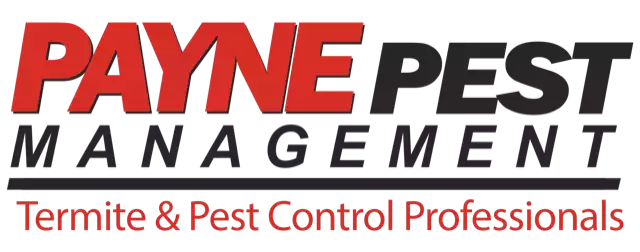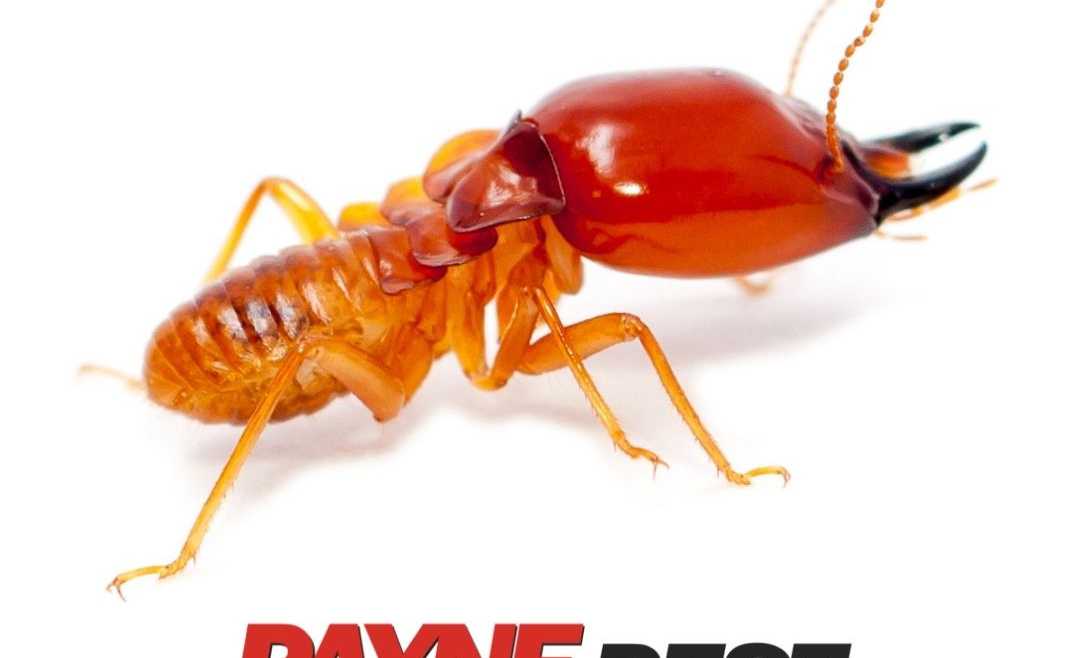Of all the two termite species out there, two are responsible for the vast majority of damage done to homes in the US. These two species are the drywood and subterranean termites. In this article, we’re going to cover these two species and the differences between them.
Drywood termites
Drywood termites get their name from the wood that they target. Most termite species are after wood that has a higher level of moisture content, but drywood termites actually prefer wood that is low in moisture. This allows them to target areas of the home that are usually unaffected by other species.
Drywood termites also build their colonies inside the wood that they consume. This means that it can take a while for a colony to be up and running, and it may go unnoticed for a very long time. However, once the colony reaches a certain size, it starts expanding rapidly throughout the home, to the point where the home will need to be fumigated and renovated in order to fix the damage. Smaller infestations however are very easy and cheap to remove.
Subterranean termites
Subterranean termites will build their colonies underground. This allows them to build giant colonies that can have millions of members, and then tunnel up to the surface and find wood there to consume. When you take into account that a colony can deploy thousands of workers right away in order to consume a piece of wood, it’s easy to see why this species is the most destructive in the US.
In terms of control, subterranean termites have to be handled differently from other species. Because they are underground, the colony cannot be targeted directly. Instead, homeowners have two options at their disposal – cut off the contact between the colony and the home with a chemical barrier, or use a baiting system in order to get the termites to come out of the colony and eat poisoned cellulose. Each one of these methods has its pros and cons, but ultimately a pest control pro will instruct you on which is best to use for your home. Sometimes, both methods are used at the same time, because they complement each other, with the chemical barrier protecting your home right away, and the baiting system destroying the colony over a period of time. If you would like to know more information about these two species or if you suspect that you have an infestation, contact us today.







